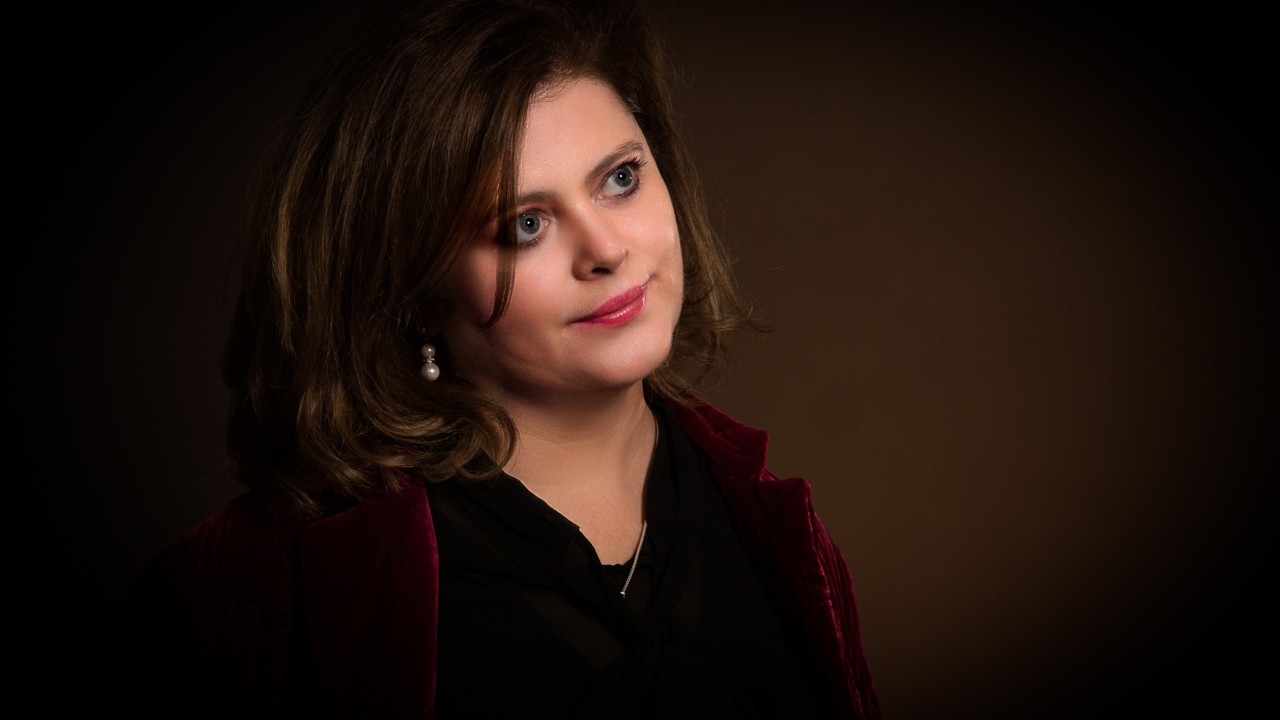Events and Tickets
Spotlight: Siobhán Cleary

Siobhán Cleary’s decision to become a composer was a product of nature as much as nurture.
‘I grew up in a normal household where the radio was on a lot and though my parents didn’t actually play music themselves, my grandfather in Cavan was a keen traditional fiddler.’
Cleary was fortunate to be taught by a nun at school who had studied with Aloys Fleischmann and was herself a composer.
With encouragement from the Sister, piano and singing lessons followed and from there formal studies in Maynooth University. All the while Cleary was ‘composing in my head but not thinking of myself as a composer’.
In her early twenties, she emerged as part of a generation of young composers that promised to transform contemporary Irish music.
‘There was a number of us entering the scene at that time. There was a sense of optimism that things were progressing.’
While rock and pop music made their own impressions on the young composer-to-be, figures as diverse as Gerald Barry and Ennio Morricone became reference points in her early years composing. She cites Kaija Saariaho, Sofia Gubaidulina and Galina Ustvolskaya as more recent influences, adding ‘and traditional music was always there too’.
Just as significant is her fascination with myths, drawn she says, ‘to their timelessness and their carrying something universal; they stand reinterpretation in every age and still remain relevant’.
Myths often feed into Cleary’s music, not least in Canto, which she describes as ‘a tone poem and the most sustained of my single-movement pieces’. Commissioned by National Symphony Orchestra Ireland, it receives its world premiere this season with violinist Darragh Morgan as the soloist.
Though setting a poem by the 19th century Italian poet Giacomo Leopardi, it’s a more recent Italian writer, Italo Calvino, Cleary quotes to explain her choice of text: ‘The ultimate meaning to which all stories refer has two faces: the continuity of life, the inevitability of death’.
That dichotomy is very much present in Canto, composed in response to the death in 2024 of, and dedicated to, Cleary’s older sister, Eilish.
‘The image of the poem – a young woman sets out to meet her lover but is turned by fear of a storm into stone – would not let me go. I was able to pour myself into it, and the music flowed out. I’m lucky to have this outlet as a composer. It was emotionally difficult but the music came easily.’
The storm-laden world – ‘and you’ll hear the storm!’ – is summoned by the orchestra, the luckless young woman represented by the solo violin, the whole, Cleary says, ‘fragile at times, fighting the elements at times, and lamenting at times’, adding that the violin has ‘got its work cut out for it’.
Canto reunites her with violinist Darragh Morgan (for whom she composed Will o’ the Wisp in 2023), of whom she approvingly comments: ‘He has a fantastic technique and a wealth of experience that includes some traditional music which gives his playing freedom – the slow passages sing, the fast passages are electric. I know he’ll perform it to his utmost’.
In a world where words and their meaning are increasingly being bent out of shape and into their very opposites, music, says Cleary, ‘touches the areas that words don’t reach. I hope audiences feel something, anything at all, with Canto, but it’s not important they follow the story. I’m not trying to impose anything on them’.

